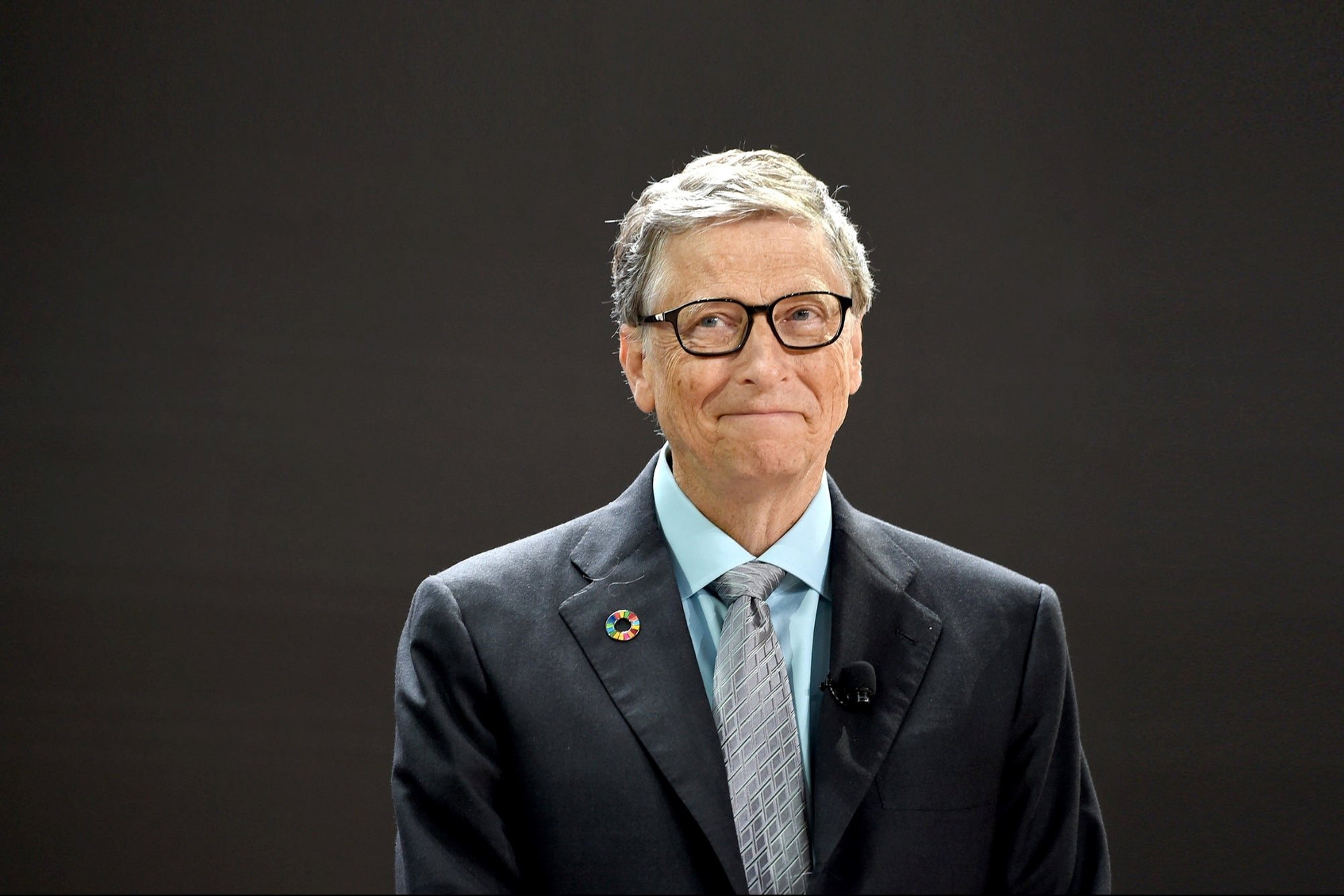
Bill Gates, the co-founder of Microsoft and one of the world’s wealthiest and most influential figures, has spent decades at the forefront of technological innovation and global philanthropy.
His philanthropic work through the Bill & Melinda Gates Foundation has helped eradicate diseases, improve global health, and fight poverty. However, as Gates’ influence has grown, so has the scrutiny surrounding him.
In recent years, social media has become a breeding ground for strange conspiracy theories about him, casting a shadow over his legacy and work. These theories, though largely unfounded, have had a profound impact on Gates’ public image and the way he is perceived by many.
Conspiracy theories are not new, especially when it comes to influential figures like Gates. Throughout history, powerful individuals have often been the subject of suspicion and doubt, and Gates is no exception.
What sets the current wave of conspiracy theories apart is the role social media plays in amplifying them. Platforms like Twitter, Facebook, and YouTube have given these theories a platform to spread rapidly and gain traction, even among people who would typically be skeptical of such claims.
In this digital age, a theory that would once have remained in the fringes of public discourse can now quickly go viral, reaching millions of people worldwide.
One of the most persistent conspiracy theories surrounding Bill Gates is the accusation that he is using his influence in global health to reduce the world’s population.
This theory often centers on Gates’ comments about population control and his support for vaccination programs. In 2010, during a TED Talk, Gates suggested that improving health care and reducing child mortality could lead to lower population growth.
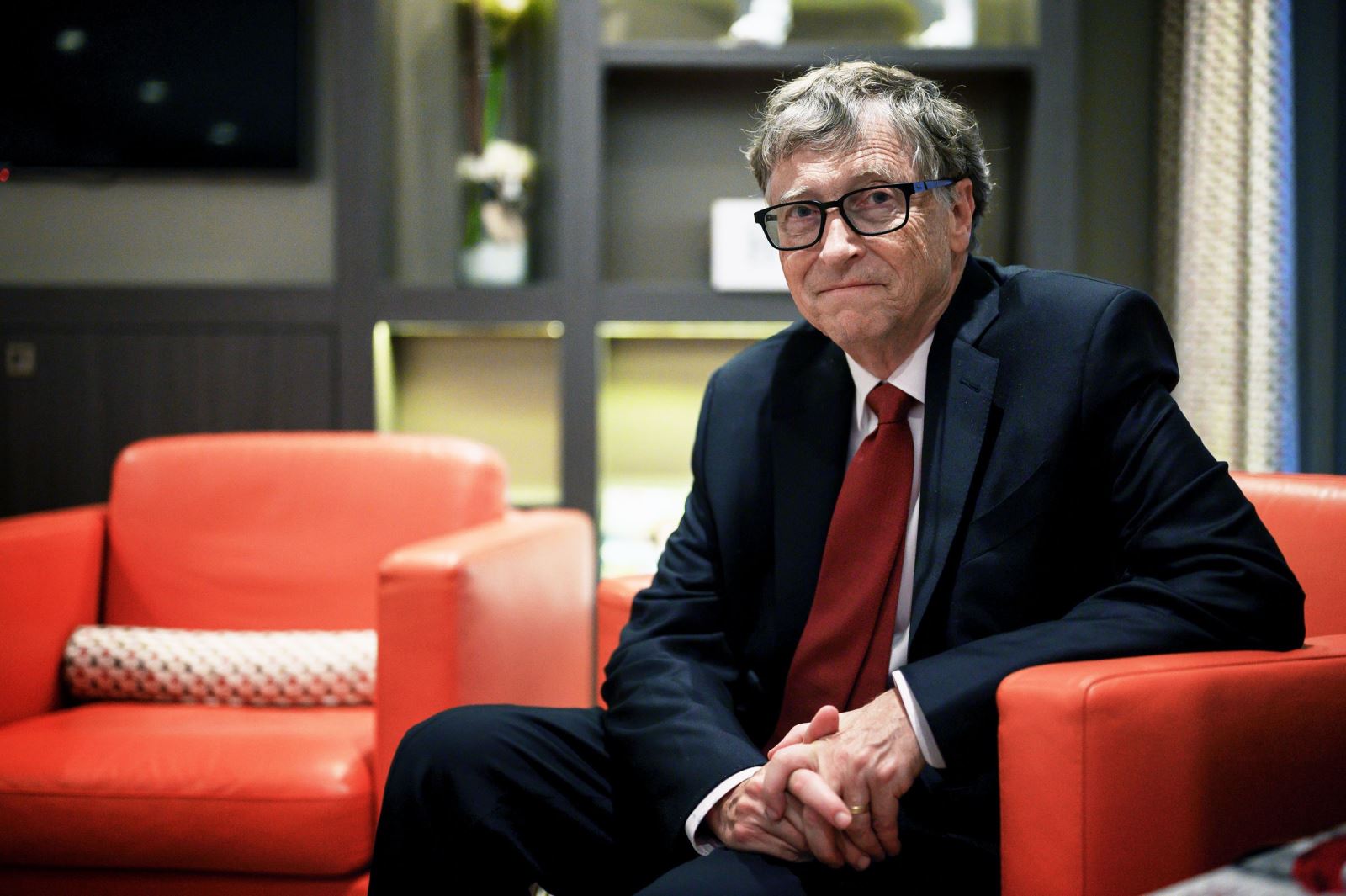
Critics have taken this out of context, accusing him of wanting to use vaccines as a means of controlling the world’s population. This theory has no basis in fact but continues to circulate on social media, fueled by mistrust of powerful figures and misinformation.
Gates’ involvement in global health initiatives has made him a target for these conspiracy theories. Through the Bill & Melinda Gates Foundation, Gates has funded vaccination programs, particularly in developing countries, where diseases like polio, malaria, and tuberculosis have ravaged populations.
While these efforts have saved millions of lives, they have also made Gates a target for those who believe that his actions are part of a larger agenda to control or manipulate populations. Social media has given these theories a broader audience, allowing them to spread unchecked.
Another conspiracy theory that has gained traction on social media is the idea that Bill Gates is somehow involved in a secret plot to create a global surveillance state.
This theory often links Gates to various technologies and initiatives aimed at improving public health and safety. For example, Gates has been a vocal supporter of digital health passports and other tracking technologies that could help prevent the spread of diseases like COVID-19. To some, these efforts are seen as part of a broader plan to track and control the global population.
The rise of COVID-19 has only fueled these fears, as Gates has been heavily involved in efforts to combat the pandemic. His advocacy for vaccines, social distancing, and mask-wearing has made him a polarizing figure, with some viewing him as a savior and others as a threat to personal freedoms.
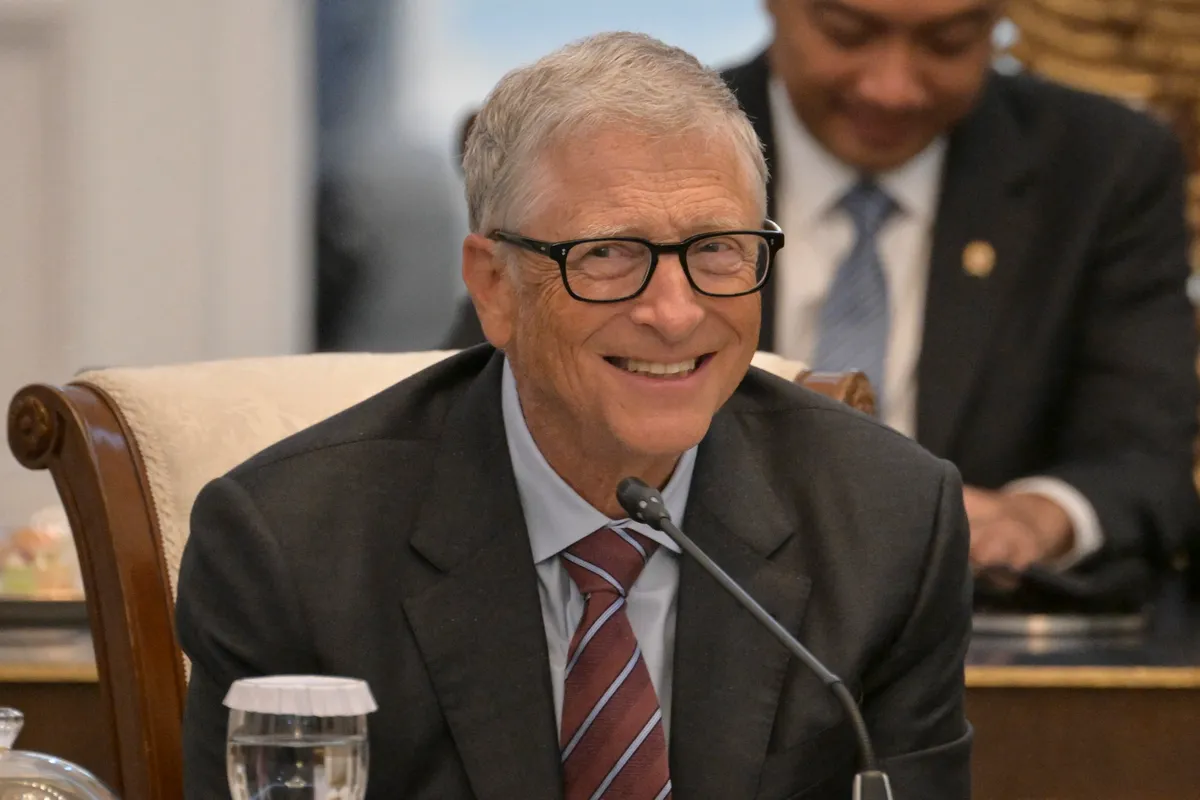
While many of these conspiracy theories are outlandish and unfounded, they continue to spread on social media, often gaining traction due to the sensational nature of the claims.
Social media algorithms, which prioritize content that generates strong emotional reactions, can amplify conspiracy theories, making them appear more credible than they actually are. As a result, individuals who may not have previously been exposed to these ideas can quickly become immersed in them, leading to further division and mistrust in public figures like Bill Gates.
The spread of these theories has had a tangible impact on Bill Gates’ personal and professional life. While Gates has tried to address these claims directly, the nature of conspiracy theories makes it difficult to fully discredit them. When someone believes in a conspiracy theory, they are often resistant to evidence that contradicts their beliefs.
This means that no matter how many times Gates denies the accusations or explains his actions, many of his critics continue to view him as part of a larger, nefarious plot. As a result, Gates has faced a great deal of public scrutiny, with some questioning his motives and his role in global affairs.
One of the most troubling aspects of these conspiracy theories is their potential to incite real-world consequences. In some cases, individuals who believe in these theories have taken matters into their own hands, acting out against Gates and others whom they perceive as part of the global elite.
For example, in 2020, a man was arrested for making threats against Bill Gates and his family. This highlights the danger of these conspiracy theories, as they can lead to harassment, threats, and even violence.
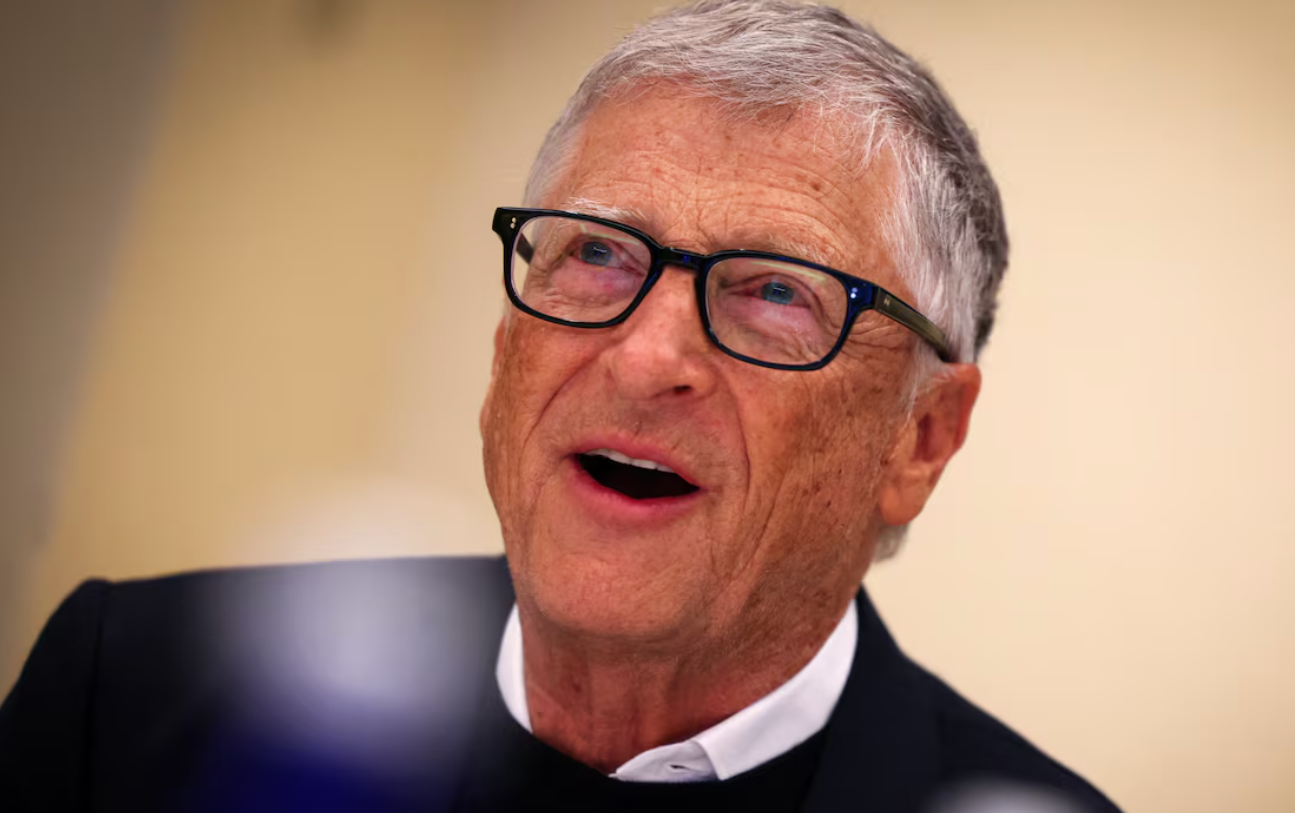
Despite the widespread nature of these conspiracy theories, Bill Gates has continued to focus on his work in philanthropy and global health. Through the Bill & Melinda Gates Foundation, he has donated billions of dollars to causes such as eradicating diseases, improving education, and combating climate change.
His efforts have made a significant impact on public health, especially in developing countries, where access to healthcare and vaccinations is limited. However, the rise of conspiracy theories has overshadowed many of these accomplishments, making it difficult for Gates to be fully recognized for his contributions.
Social media has played a key role in shaping public perceptions of Bill Gates. While these platforms have allowed for the rapid spread of misinformation, they have also given people the ability to organize and advocate for change.
In the case of Gates, social media has been a double-edged sword. On one hand, it has allowed his philanthropic work to be highlighted and supported by millions of people around the world.
On the other hand, it has given conspiracy theorists a platform to spread their ideas and gather followers, creating a distorted image of Gates that has had real-world consequences.
In response to these challenges, Gates has worked to engage with the public directly. He has taken part in interviews, podcasts, and other public forums to address the conspiracy theories surrounding him.
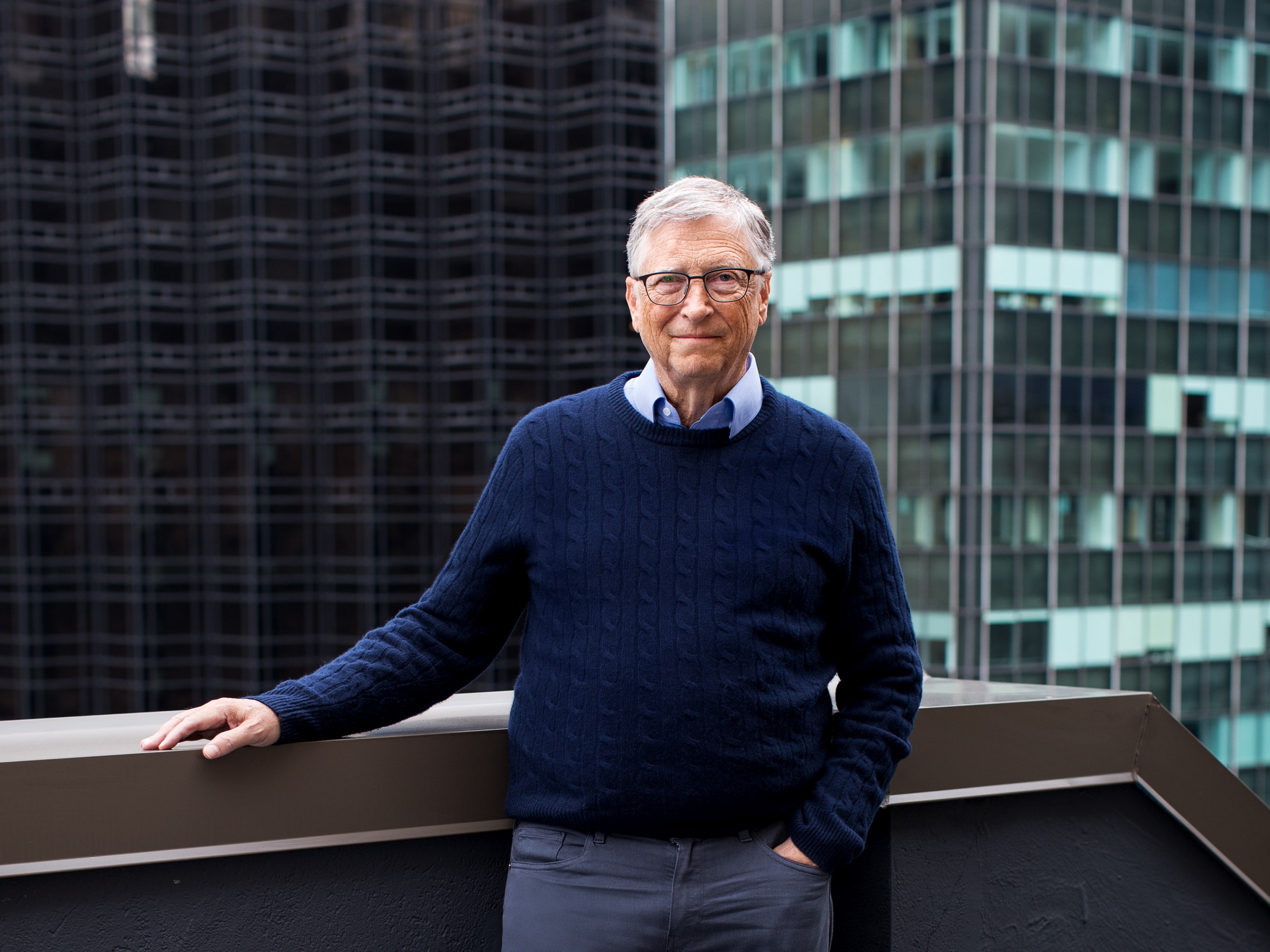
While these efforts have helped to clarify his intentions and actions, they have not been enough to fully combat the rise of misinformation. The nature of social media means that falsehoods can spread quickly and widely, often before the truth can catch up.
It is clear that the spread of conspiracy theories about Bill Gates is not a passing trend. As social media continues to grow in influence, these theories are likely to persist, feeding into the larger culture of distrust and division.
However, it is important to remember that these theories are not based on facts but rather on speculation and fear. Bill Gates, like any other public figure, is not immune to the consequences of misinformation, but he has shown resilience in continuing his work despite the challenges posed by these conspiracy theories.
In conclusion, Bill Gates has become a victim of the strange and often harmful conspiracy theories that proliferate on social media. These theories, while largely unfounded, have had a profound impact on Gates’ public image and the way he is perceived by many people around the world.
As social media continues to shape public discourse, it is important to remain vigilant against the spread of misinformation and to prioritize fact-based discussions. Bill Gates’ work in global health and philanthropy has made a positive impact on millions of lives, and it is crucial that we separate fact from fiction in order to fully appreciate the contributions he has made to society.
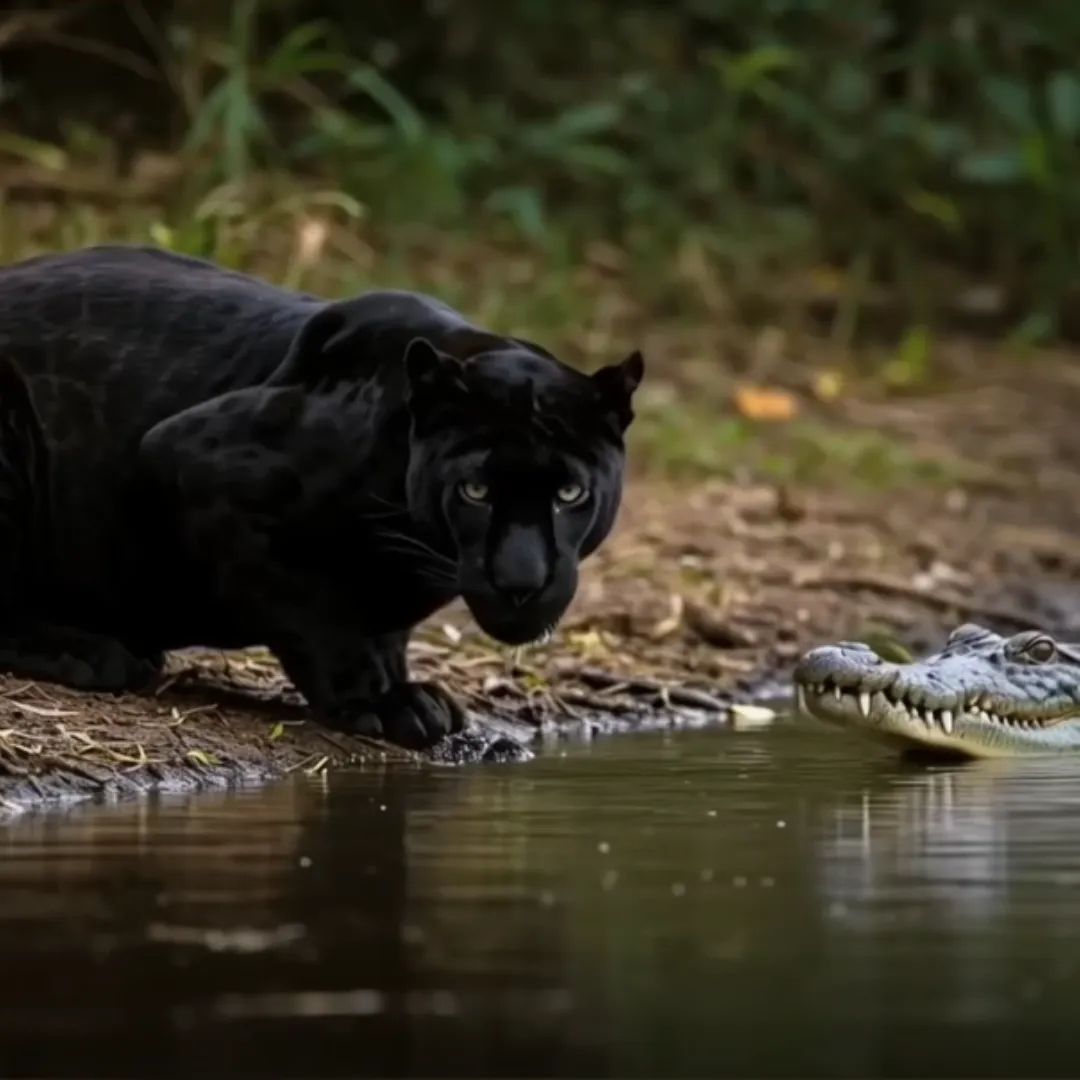
-1751722353-q80.webp)

-1749781549-q80.webp)